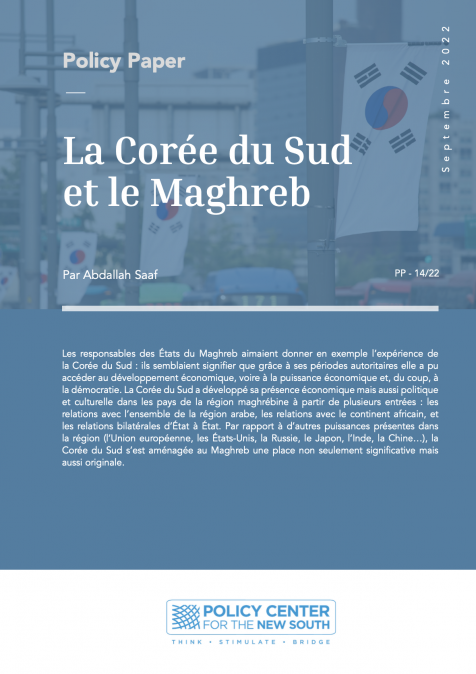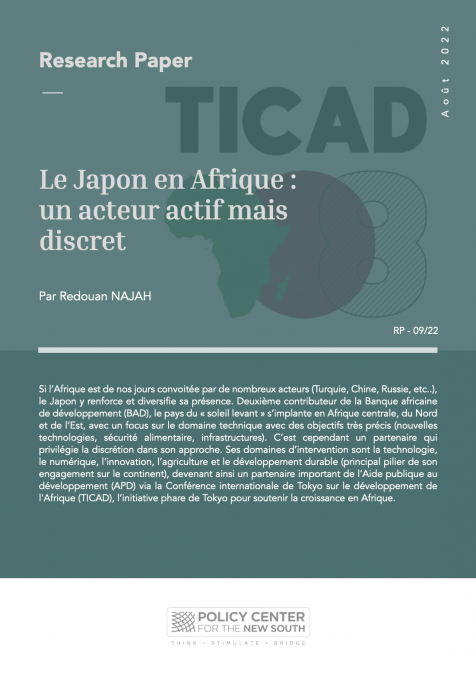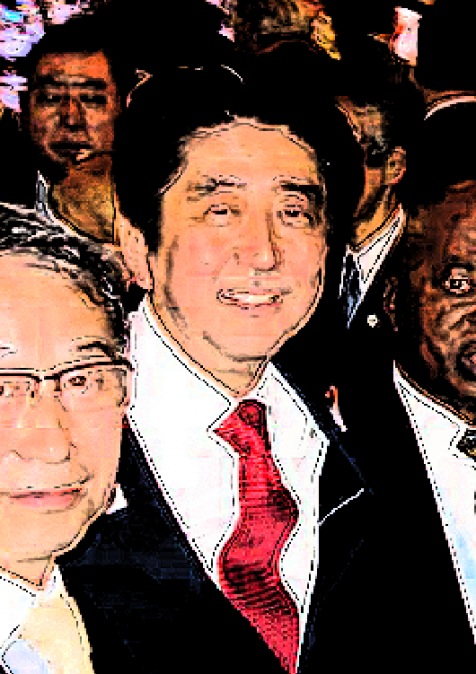Publications /
Opinion
In January 2016 the Chinese Government issued its first “China's Arab Policy Paper”, in which it stated: “We will enhance exchanges of experts and scholars from the two sides and actively explore the establishment of a long-term China-Arab exchange mechanism of think tanks.” I think that this line implies three things. First, it implies that the Chinese Government pays great attention to think tanks’ roles in China-Arab cooperation in the form of government document on the eve of President Xi Jinping’s first visit to the Middle East in his capacity of PRC’s President. Second, it implies that China looks forward to the Arab world would do the same and that China and Arab world should strengthen cooperation in think tank work in addition to our cooperation in other fields. Third, the Chinese Government is pragmatic enough to set low goals to start with by saying to “actively explore the establishment of a long-term China-Arab exchange mechanism of think tanks.”
Now, let us explore what these roles are and how we can elevate them to a new height. First of all, think tanks of both countries should do enough homework in enhancing mutual understanding. Frankly speaking, it is a long way even to go for this rudimentary role. The university courses, the public readings, the direct media communication and the interchanges between the two peoples are far from sufficient. For the think tanks, the traditional ways of publication exchanges and conferences should be enhanced by data banks, video conferences and digital networking.
Secondly, the think tanks should focus on the relevant thoughts, strategies and policies. They should build up the theories and principles of promoting China-Morocco cooperation and facilitate the environments for such cooperation. For instance, think tanks should be able to explain why a Communist-led country and a Muslim one share much values and goals. For another instance, think tanks should convince their respective governments and people alike that such cooperation will garner much greater achievements if they go their own ways. In terms of strategies and policies, the think tanks’ main job is to make recommendations based on solid academic work and rich practical experiences. We scholars are born to be critical. However, being think tank people, we need to make constructive recommendations rather than academic criticisms. Think tanks should make evaluations and recommendations not only to their respective governments but also each other. Their suggestions and recommendations should be practical and feasible.
Thirdly, both Chinese and Moroccan think tanks should establish more direct contacts and pursue for joint projects. Multilateral functions are important but the bilateral ones are more direct and effective in terms of cooperation. On this we need look for both talents and funds. In China Morocco Hands are in great shortage and funds are always not enough. Furthermore, our findings should find their ways to the decision makers and the public as well. This is to say that our academic work should be translated into actual policies and those policies should be understood and supported by the people. Presently joint assessments of regional situation and the possibility of Belt and Road Initiative should be the focus of our cooperation.
Fourthly, those think tanks should work more at establishing China-Arab/Morocco exchange mechanism. Think tanks are non-government actors. Therefore, they think and behave differently vis-à-vis the government actors. The think tanks have more flexibility in dealing with the third parties. The China Institute for International Studies is doing some of the pioneering job. We are looking forward to their great achievements and more glaring achievements.
Last but not least, the think tanks network between China and the Arab World should be able to remove the misunderstanding and design our common future. Moreover, some small steps can make up gigantic strides. The main think tanks of our two countries should come together first. Then this bilateral cooperation should and could develop into multilateral ones. We are new to these but we can learn from the existent networks such as the Council of Councils and the ASEAN Institutes of Strategic and International Studies.
To conclude, think tanks should proceed ahead of others so as to provide forward-looking opinions, suggestions and the end of the conflicts and wars. Both China and Morocco should produce more rewarding outcomes and set good examples to the others. It is my sincere hope that this Roundtable be served as a new round of inter-think tank cooperation between us, with all of our Moroccan counterparts.








